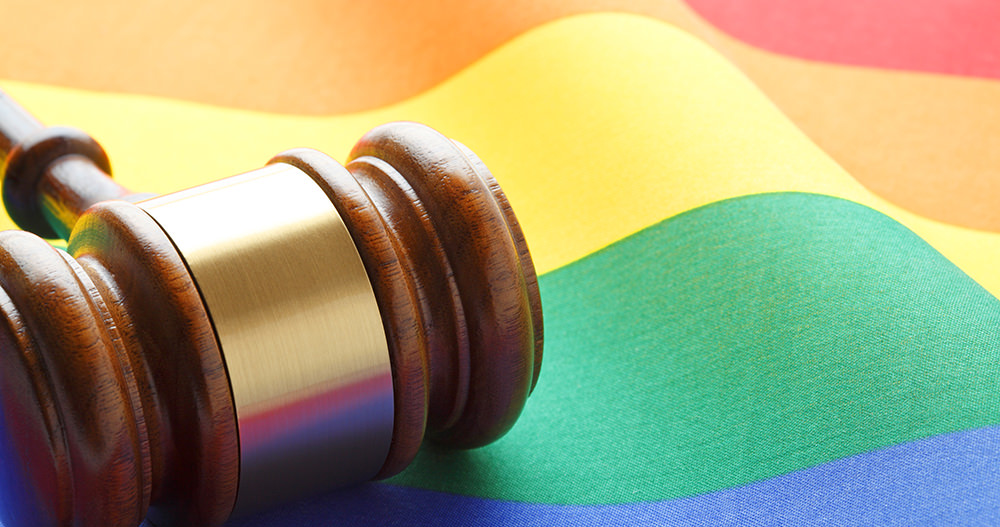It was a long and occasionally rocky road, but last month Bill C-16 was finally given royal assent. The bill, which adds protection of gender identity and expression to the Canadian Human Rights Act and the Criminal Code, received a 67-14 vote in favour of the bill in the Senate. The passing of the law is regarded by many as a historic moment, bringing federal human rights laws in line with the provinces and territories.
What is Bill C-16?
Bill C-16 adds the terms “gender identity” and “gender expression” as prohibited grounds of discrimination, and also extends hate speech laws to include these terms. The bill was sponsored by Jody Wilson-Raybould (Minister of Justice and Attorney General of Canada), who defined “gender identity” as a person’s internal or individual experience of their gender, and “gender expression” as how a person publicly presents their gender. The objective of adding these terms as prohibited grounds is to protect transgender individuals from discrimination.
To learn more about the background to the bill, take a look at our previous Labour Law blog post Bill C-16: A Further Step towards Protecting Transgender Canadians.
What does this mean for workplaces?
In Ontario, the Human Rights Code already includes the terms “gender identity” and “gender expression” as prohibited grounds of discrimination in terms of employment and harassment, so this bill will now extend the protection to federally regulated employees. It means that all federal employees, and prospective federal employees, are protected against discrimination and harassment related to their gender identity and expression. It is another step towards better inclusion and protection of our transgender community, a recognized vulnerable population.
At the end of the day, this bill is about equality. Alberta Senator Grant Mitchell, a long-time advocate for transgender rights, recently said in reference to the bill: “Transgender and gender-diverse people deserve to know that they are welcome and accepted, embraced and protected, and that in Canada they are free to be their true selves.” This certainly extends into the workplace.
To learn more about human rights and discrimination in the workplace, contact our Employment Law Group.



